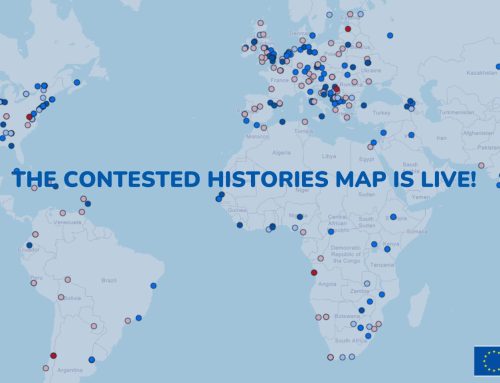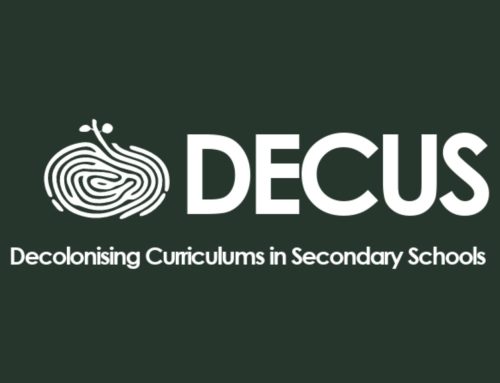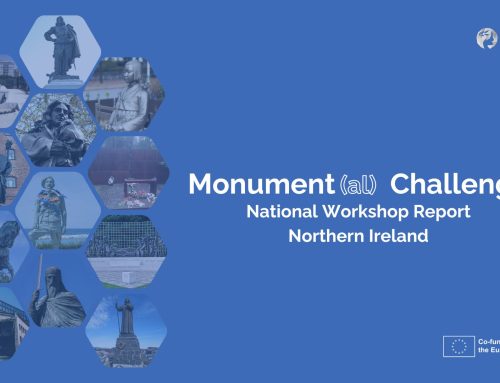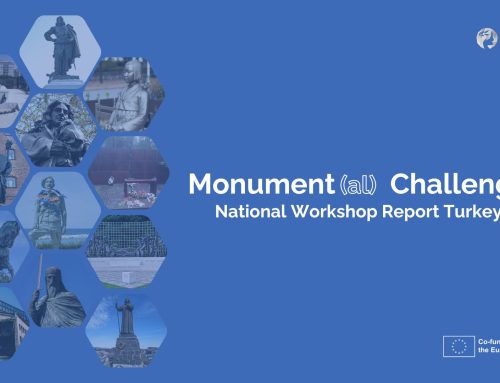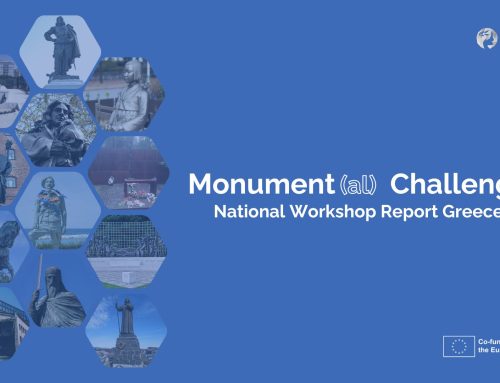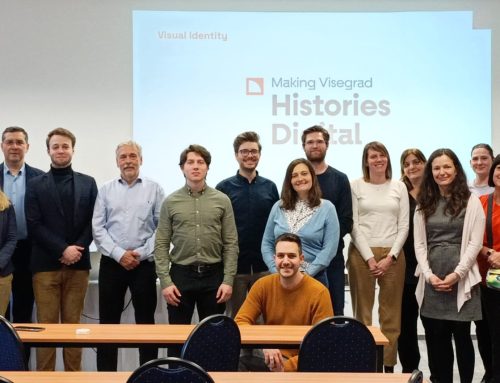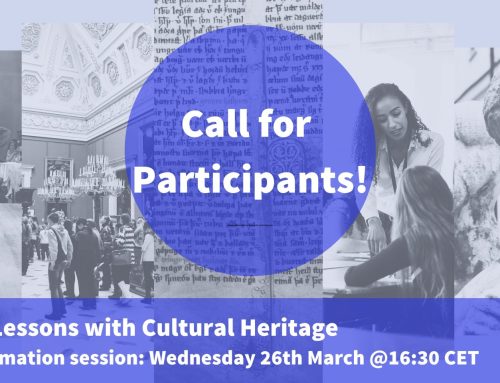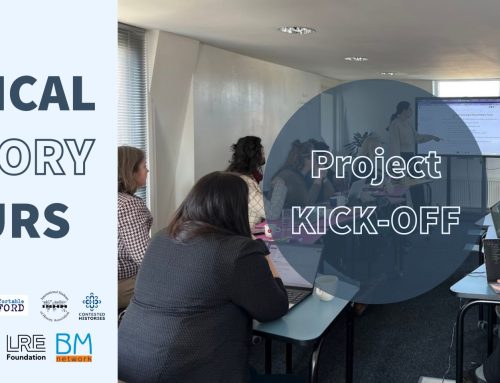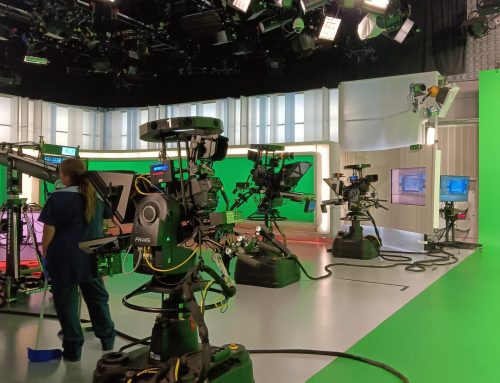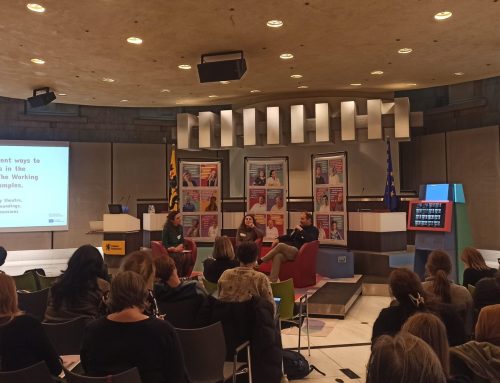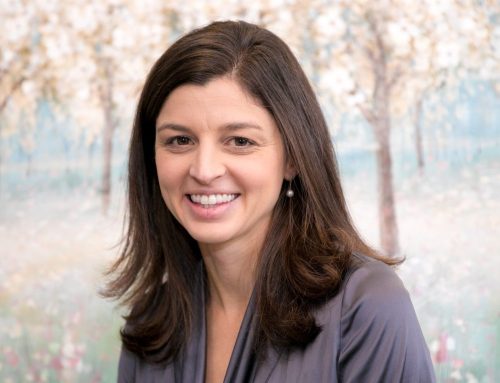The EuroClio Programme History that Connects. How to teach sensitive and controversial history in the countries of former Yugoslavia, has been included in the Action Plan of the UN Alliance of Civilisations for South East Europe since 2010 as one of the key proejcts in the field of Dealing with the Past to Build a Better Future – The role of Teaching History. Following this, EuroClio had obtained funding from the Kingdom of Norway – Ministry of Foreign Affairs – Western Balkans Unit and the Open Society Foundations Education Support Programme in order to start running this programme. The UN Alliance of Civilisation now convened a meeting in Belgrade in order to prepare the continuation of the Action Plan 2012-2014. Representatives of Ministries of Foreign Affairs were participating as well as specific focal points to assess the progress made since the regional meeting in Sarajevo in 2009. Actions identified at that forum were presented in the UNAOC Forum in Rio de Janeiro. At 31st May and June 1 there will be a meeting in Istanbul, where important projects should be shown and adressed. One of the panels at the meeting was about this specific area. Participants included Professor Marko Suica, Assistant Professor University of Belgrade, Robert Kozma, Grupa484 and EuroClio Manager Jonathan Even-Zohar. The panel was chaired by Titiana Milko, Head of the History Teaching Division of the Council of Europe. History Teaching was again seen as a key issue for the UNAOC and South East Europe, and EuroClio’s work with History Teachers Associations in former Yugoslavia is seen as a key implementer of the new strategy.
EuroClio2012-05-22T15:11:50+02:00May 22, 2012|Categories: Project Updates|Tags: Former Yugoslavia, History that Connects the Balkans, Kingdom of Norway Ministry of Foreign Affairs, Open Society Foundation, Sensitive and Controversial History in Former Yugoslavia (2011-2014), United Nations Alliance of Civilizations|

